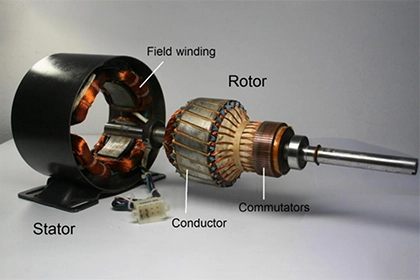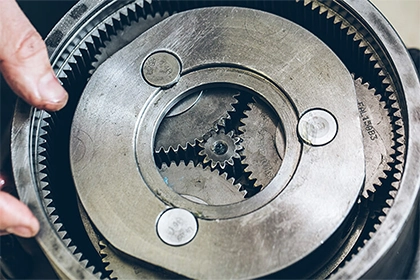
What type of motor is used in a water pump?
Water pumps can use a variety of motors depending on the application, but the most common type of motor used in water pumps is an induction motor. Induction motors are reliable, efficient, and require minimal maintenance, making them well-suited for water pumping applications.
Water pumps play a vital role in numerous applications. They are essential in industrial, commercial, and residential environments, where they help perform a variety of tasks such as irrigation, water recycling, and supplying drinking water. Different types of motors are commonly used in water pumps, each with its unique characteristics, advantages, and disadvantages. In this article, we will explore the different types of motors used in water pumps.
Commonly used motor types for water pumps
- Synchronous motors
Synchronous motors are widely used in pumps for their high efficiency, constant speed and low noise. These motors run at a constant speed proportional to the frequency of the AC supply. This feature allows for precise control and predictable performance, making synchronous motors suitable for applications requiring constant flow.
- Induction motor
Induction motors, also known as asynchronous motors, are the most common type of motor used in water pumps. They operate using the principle of electromagnetic induction, in which a rotating magnetic field induces an electric current in the rotor, which causes it to rotate. Induction motors are simple, robust, and cost-effective, making them an attractive choice for many applications.
- Permanent magnet motor
Permanent magnet motors use permanent magnets in the rotor to generate a magnetic field, eliminating the need for brushes and slip rings. These motors are very efficient, producing more torque per unit of current than other types of motors. They are ideally suited for applications requiring high efficiency, compact size and precise speed control.
- Brushless DC Motor
A brushless DC motor (BLDC) is a synchronous motor that uses electronic commutation to control the speed and torque of the motor. BLDC motors are highly efficient, offer excellent speed control, and have a longer service life due to the elimination of brushes. They are suitable for applications that require high efficiency and precise speed control, such as variable speed pumps.
Conclusion
Synchronous motors, asynchronous motors, permanent magnet motors, and brushless DC motors are all available for pumping applications. But your final choice should depend on the specific requirements of the pump application, such as efficiency, speed control, noise levels and cost constraints.



Leave a Comment